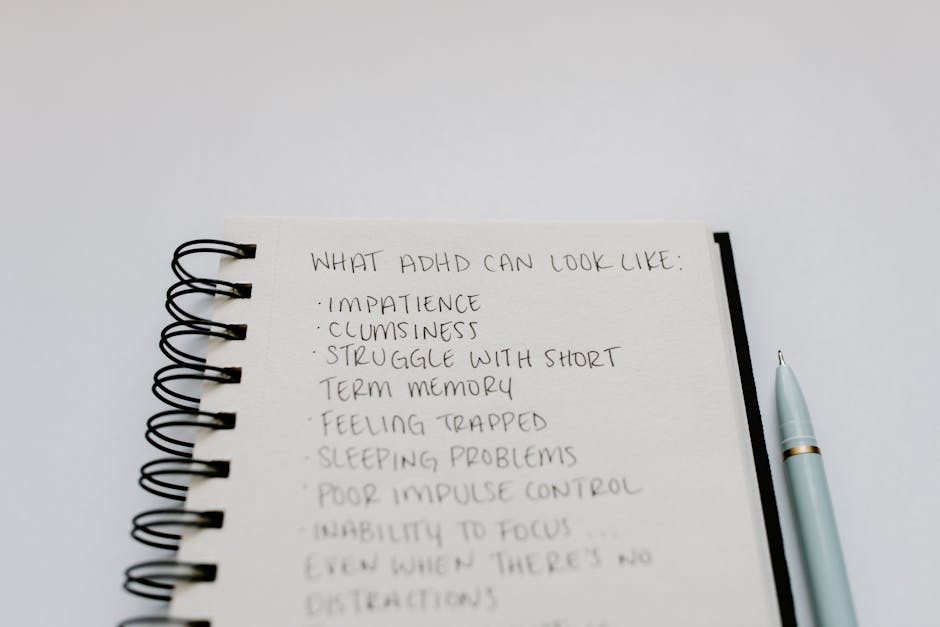May mental health awareness month 2024

* may mental health awareness month 2024
The Impact of Stigma on Mental Health Awareness
May is Mental Health Awareness Month, a time when we come together to shed light on the importance of mental health and break down the stigma surrounding it. Stigma, unfortunately, is a major barrier to mental health awareness and can prevent individuals from seeking the help they need. In this article, we will explore the impact of stigma on mental health awareness and discuss ways we can work together to combat it.
Stigma surrounding mental health is pervasive in our society. It can manifest in many ways, from negative stereotypes and discrimination to shame and fear of judgment. This stigma can prevent individuals from seeking help for their mental health issues, leading to untreated conditions and worsening symptoms. It can also create a culture of silence and shame around mental health, making it difficult for individuals to open up about their struggles and seek support from others.
One of the most damaging effects of stigma on mental health awareness is the perpetuation of myths and misconceptions about mental illness. These myths can lead to misunderstandings and misinformation, further fueling the stigma surrounding mental health. For example, the belief that mental illness is a sign of weakness or a character flaw can prevent individuals from seeking help and perpetuate feelings of shame and self-blame.
Another way stigma impacts mental health awareness is through the lack of resources and support available to individuals struggling with mental health issues. Stigma can create barriers to accessing mental health services, such as fear of judgment from healthcare providers or concerns about confidentiality. This can prevent individuals from getting the help they need and lead to a lack of awareness about available resources and support systems.
So, what can we do to combat stigma and promote mental health awareness? One important step is to educate ourselves and others about mental health and the impact of stigma. By learning about mental illness and challenging misconceptions, we can help break down the barriers that prevent individuals from seeking help. We can also speak out against stigma and discrimination, whether it’s in our communities, workplaces, or social circles.
Another way to combat stigma is to promote open and honest conversations about mental health. By sharing our own experiences and struggles, we can help reduce the shame and silence that often surrounds mental illness. We can also support and encourage others to seek help when they need it, creating a culture of acceptance and understanding around mental health.
Ultimately, combating stigma and promoting mental health awareness is a collective effort that requires the participation of individuals, communities, and institutions. By working together to challenge stigma, educate others, and promote open conversations about mental health, we can create a more supportive and inclusive environment for those struggling with mental illness.
As Mental Health Awareness Month approaches, let’s commit to breaking down the barriers of stigma and promoting a culture of acceptance and understanding around mental health. Together, we can make a difference in the lives of those struggling with mental illness and create a more compassionate and supportive society for all.
Strategies for Supporting Loved Ones with Mental Health Challenges
Hey there, friends! As we all know, May is Mental Health Awareness Month, and it’s a time to shine a light on the importance of mental health and well-being. In this article, we’re going to talk about some strategies for supporting our loved ones who may be facing mental health challenges.
First and foremost, it’s crucial to remember that mental health is just as important as physical health. Just like we would support a friend or family member dealing with a physical illness, we need to show the same level of care and compassion for those struggling with mental health issues. It’s all about being there for them, listening without judgment, and offering a helping hand when needed.
One of the most important things we can do for our loved ones is to simply be there for them. Sometimes, all it takes is a listening ear and a shoulder to lean on. Let them know that you’re there to support them, no matter what. Encourage them to open up about how they’re feeling and let them know that it’s okay to not be okay.
It’s also important to educate ourselves about mental health and the challenges that our loved ones may be facing. By learning more about mental health conditions, we can better understand what they’re going through and how we can best support them. Knowledge is power, and the more we know, the better equipped we’ll be to help our loved ones navigate their mental health journey.
Another key strategy for supporting loved ones with mental health challenges is to encourage them to seek professional help. Therapy, counseling, and medication can all play a crucial role in managing mental health conditions. Encourage your loved one to reach out to a mental health professional and offer to help them find resources and support.
In addition to professional help, it’s also important to encourage self-care practices. Encourage your loved one to prioritize their mental health by engaging in activities that bring them joy and relaxation. Whether it’s going for a walk, practicing mindfulness, or spending time with loved ones, self-care is essential for maintaining mental well-being.
Above all, it’s important to be patient and understanding with our loved ones as they navigate their mental health journey. Mental health challenges can be complex and challenging, and it’s important to offer support without judgment or pressure. Let your loved one know that you’re there for them, no matter what, and that you’ll support them every step of the way.
So, as we celebrate Mental Health Awareness Month this May, let’s remember to show love and support to our friends and family members who may be facing mental health challenges. By being there for them, educating ourselves, encouraging professional help, promoting self-care, and practicing patience and understanding, we can make a positive impact on their mental health journey. Let’s all do our part to support our loved ones and create a more compassionate and understanding world for those facing mental health challenges.
The Role of Self-Care in Maintaining Mental Wellness
May is Mental Health Awareness Month, a time to shine a spotlight on the importance of mental wellness and self-care. In today’s fast-paced world, it’s easy to get caught up in the hustle and bustle of everyday life and neglect our mental health. But taking care of our minds is just as important as taking care of our bodies. In fact, they are closely connected, and one can greatly impact the other.
Self-care is a crucial component of maintaining good mental health. It involves taking deliberate actions to care for yourself physically, emotionally, and mentally. This can include things like getting enough sleep, eating well, exercising regularly, and practicing mindfulness. It also means setting boundaries, saying no when necessary, and prioritizing your own needs.
When we neglect self-care, we run the risk of burning out, feeling overwhelmed, and experiencing increased levels of stress and anxiety. This can have a negative impact on our mental health and overall well-being. On the other hand, when we make self-care a priority, we are better equipped to handle life’s challenges, cope with stress, and maintain a positive outlook.
One of the key benefits of self-care is that it helps us to recharge and rejuvenate. Just like our bodies need rest and relaxation to function at their best, our minds also need time to unwind and decompress. Taking time for yourself, whether it’s through meditation, reading a book, or going for a walk, can help to reduce stress and improve your mood.
Self-care also plays a role in building resilience. When we practice self-care regularly, we are better able to bounce back from setbacks and adapt to change. This is especially important in today’s fast-paced world, where we are constantly faced with new challenges and uncertainties. By taking care of ourselves, we can build the mental strength and flexibility needed to navigate life’s ups and downs.
Another important aspect of self-care is self-compassion. It’s easy to be hard on ourselves, especially when we feel like we’re not measuring up to our own expectations or the expectations of others. But practicing self-compassion means treating ourselves with kindness and understanding, just as we would a friend in need. This can help to boost our self-esteem, reduce feelings of shame and guilt, and improve our overall mental well-being.
In conclusion, self-care is a vital component of maintaining good mental health. By taking the time to care for ourselves physically, emotionally, and mentally, we can improve our overall well-being, reduce stress, and build resilience. So this Mental Health Awareness Month, make self-care a priority. Take the time to nurture yourself, practice self-compassion, and prioritize your own needs. Your mental health will thank you for it.
